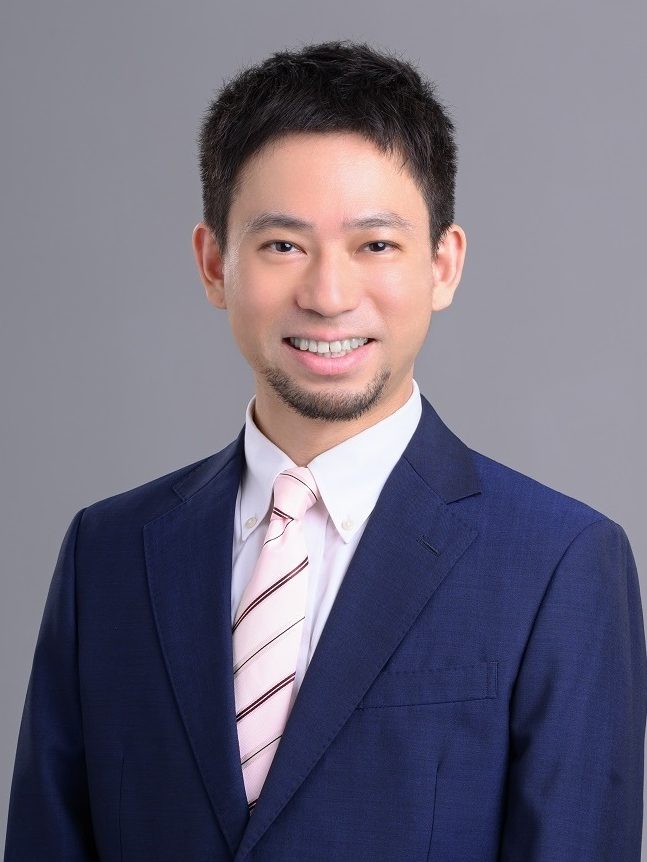



Few countries possess the depth of experience that Japan has in areas now central to Singapore’s construction agenda. Off-site modular construction, robotics for site automation, seismic-resilient structures, and next-generation building materials are all domains where Japanese firms excel. These capabilities are highly relevant as Singapore pushes for higher productivity, faster project timelines, and more greener outcomes.
Opportunities are also emerging in zero-energy buildings, water-sensitive urban design, and smart infrastructure systems. Japan’s experience with integrated urban planning and clean, efficient design positions its firms to deliver solutions that go beyond compliance, offering strategic ESG value to both government and private sector clients.
The shift toward sustainable and ESG-oriented construction in Singapore creates an additional pathway. Japanese companies that offer integrated consulting services which combines engineering expertise with green building solutions are well placed to capture demand in design, operations, and lifecycle management.
Beyond the familiar sectors, there are niches where Japanese capabilities offer unique value. Construction waste management is gaining urgency in Singapore, where buildings are often demolished and rebuilt on rapid cycles. Japan’s leadership in waste reduction, recycling, and process discipline offers a roadmap for more circular practices.
Likewise, Japan’s unparalleled expertise in disaster detection and early warning systems can support Singapore’s climate adaptation agenda. Technologies developed for earthquake-prone rail systems, such as Japan’s high-speed sensor networks, could be adapted to coastal protection or critical infrastructure management in the region.
These are not just technical exports. They are operational philosophies rooted in a culture of foresight, systems thinking, and preparedness, which are qualities increasingly essential in a world of cascading risks.
Singapore remains highly receptive to foreign construction solutions, especially when they serve national imperatives in safety, sustainability, and efficiency. However, openness does not guarantee success. Japanese firms must localise their offerings technically, operationally, and commercially.
Solutions must adapt to tropical climates, local building codes, and highly competitive pricing environments. Japanese companies, often optimised for high-spec domestic delivery, must re-engineer their models for cost-conscious, value-driven markets.
Equally important is the ability to engage early with regulators, developers, and project owners. Many Singaporean agencies now manage project planning in-house. Success requires presence from the concept and ideation stage, not only at the tender phase.
Japanese companies enjoy strong reputations in Singapore for reliability, precision, and technical integrity. These qualities resonate with both public and private stakeholders. Yet reputation alone does not secure contracts.
Speed, transparency, and cultural flexibility are increasingly essential. This includes responsiveness to project timelines, openness in partnerships, and the ability to tailor offerings to specific market needs.
Demonstration matters. Firms that have established innovation labs, run pilot projects, or co-developed solutions with local stakeholders have seen greater success. Market visibility builds credibility especially in a market where decision-making is fast-paced and data-driven.
The most effective market strategies involve collaboration. Joint ventures, strategic alliances, and public-private consortiums remain the preferred entry routes. Acquisitions of local players or strategic partnerships with engineering consultancies can offer immediate access to networks and pipelines.
But structure alone is not sufficient. Companies must show commitment through localisation, capability transfer, and long-term engagement. Those who do will find Singapore not just a market, but a regional platform for Southeast Asia’s construction sector.
Singapore’s influence extends well beyond its borders. It is a reference city for infrastructure development across Southeast Asia, and increasingly, a global showcase for smart, sustainable urbanism. To succeed here is to demonstrate global leadership.
The moment is opportune. Singapore is positioning itself as a next-generation construction hub in Asia. Its openness to innovation, pro-business policies, and scale of ambition make it a rare environment for experimentation and growth.
Japanese firms with their unmatched technical DNA are uniquely placed to shape this future. But doing so requires more than exporting excellence. It will require embedding themselves in the ecosystem, adapting to its pace, and building trust at every level.
Singapore does not need more suppliers. It needs co-creators in construction and urban innovation. The Japanese companies that recognise this and act boldly will not only thrive in Singapore. They will help define what the global construction sector looks like in the decades to come.
To find out more about how IGPI Group can provide support for businesses, browse through our insight articles or get in contact with us.

Kohki Sakata, Partner of IGPI Group & CEO of IGPI Singapore
After joining Cap Gemini and Coca Cola, Kohki joined Revamp Corporation where he managed projects on global expansion and turnaround in various sectors including F&B, healthcare, retail, IT, etc. After joining IGPI, he has managed projects mainly on global expansion and cross border M&A in various sectors such as logistics, IT, telecom, retail, etc. In addition to his broad experience in implementing solutions that has been developed in Western countries, he has developed multiple methods to turnaround Asian companies with focus on setting clear vision and employee empowerment. Kohki has proven the practicality of these methods by turning around Asian companies not only as an advisor but also as senior management.
He graduated from Waseda University Department of Political Science and Economics and IE Business School.

Shivaji Das, Managing Director of IGPI Singapore
Shivaji has over 20 years of strategy consulting experience, specializing in New Business Models, Innovation Roadmaps, and Sustainability Journeys. He has worked with private and public sector clients across 25 countries in sectors like Technology, Semiconductors, Chemicals, Healthcare, Renewable Energy, and Construction. Previously, Shivaji was a Partner and Managing Director-APAC at Frost & Sullivan. His paper on Artificial Intelligence was presented at CAINE-2000 in Hawaii, USA. He is the author of seven acclaimed travel, art and business books including The Visible Invisibles and Rebels, Traitors, Peacemakers (both Penguin Random House), as well as The Great Lockdown: lessons learned during the pandemic from organizations around the world (Wiley, USA).
He is an alumnus of IIT Delhi and IIM Calcutta.
IGPI Group is a Japan rooted premium management consulting & Investment Group headquartered in Tokyo with a footprint in Osaka, Singapore, Hanoi, Shanghai & Melbourne, as well as parts of Europe and India. The organization was established in 2007 by former members of the Industrial Revitalization Corporation of Japan (IRCJ), a USD 100 billion sovereign wealth fund focusing on turn-around projects in Japan. IGPI Group has 13 institutional investors, including Nomura Holdings, SMBC, KDDI, Recruit & Sumitomo Corporation to name a few. IGPI Group has vast experience in supporting Fortune 500s, Govt. agencies, Universities, SMEs and funded startups across Asia and beyond for their strategic business needs and hands-on support across a wide variety of industries. IGPI group has ~8,500 employees on a consolidated basis.
* This material is intended merely for reference purposes based on our experience and is not intended to be comprehensive and does not constitute as advice. Information contained in this material has been obtained from sources believed to be reliable, but IGPI does not represent or warrant the quality, completeness, and accuracy of such information. All rights reserved by IGPI.